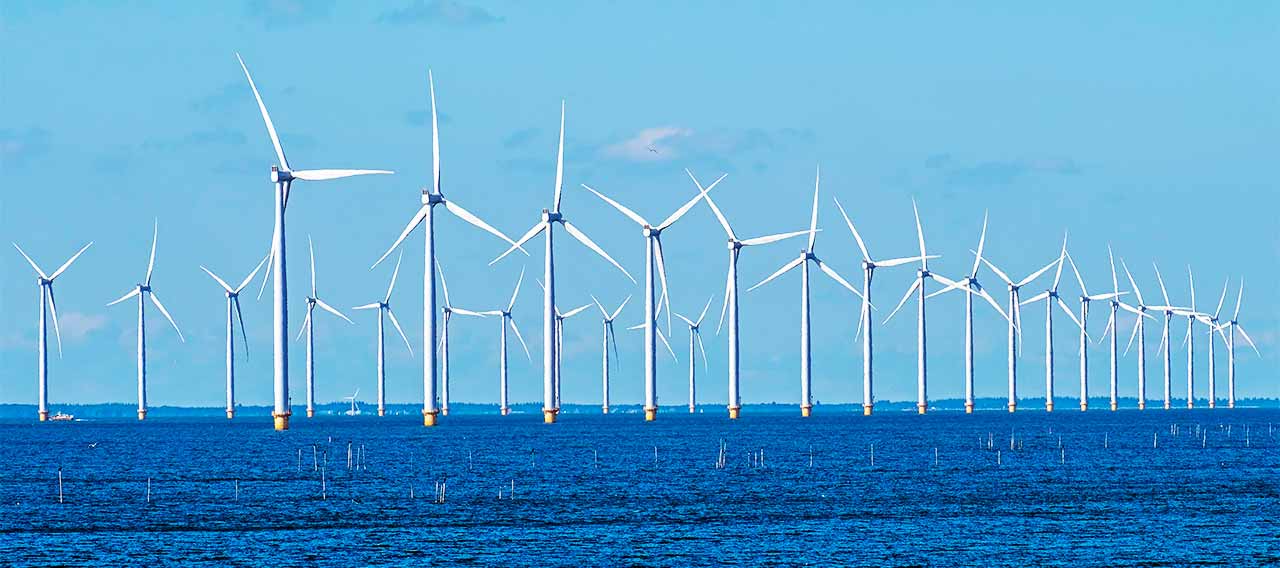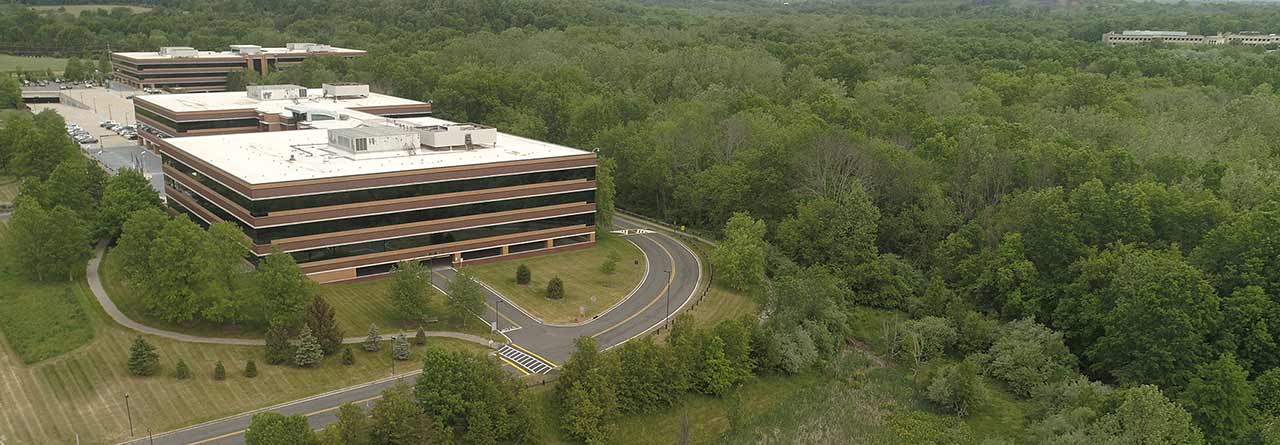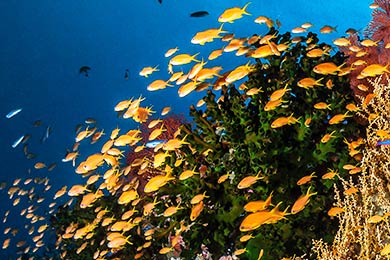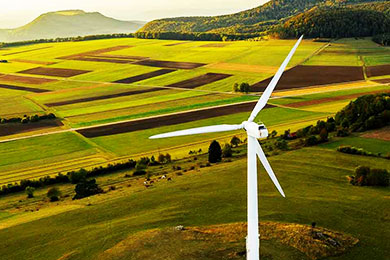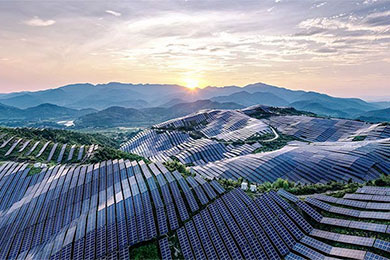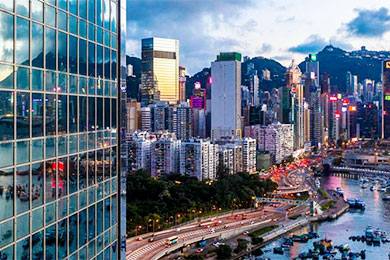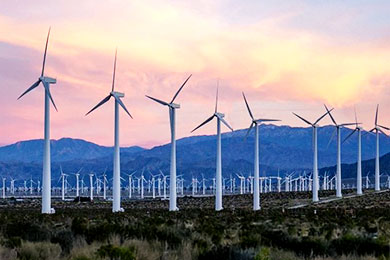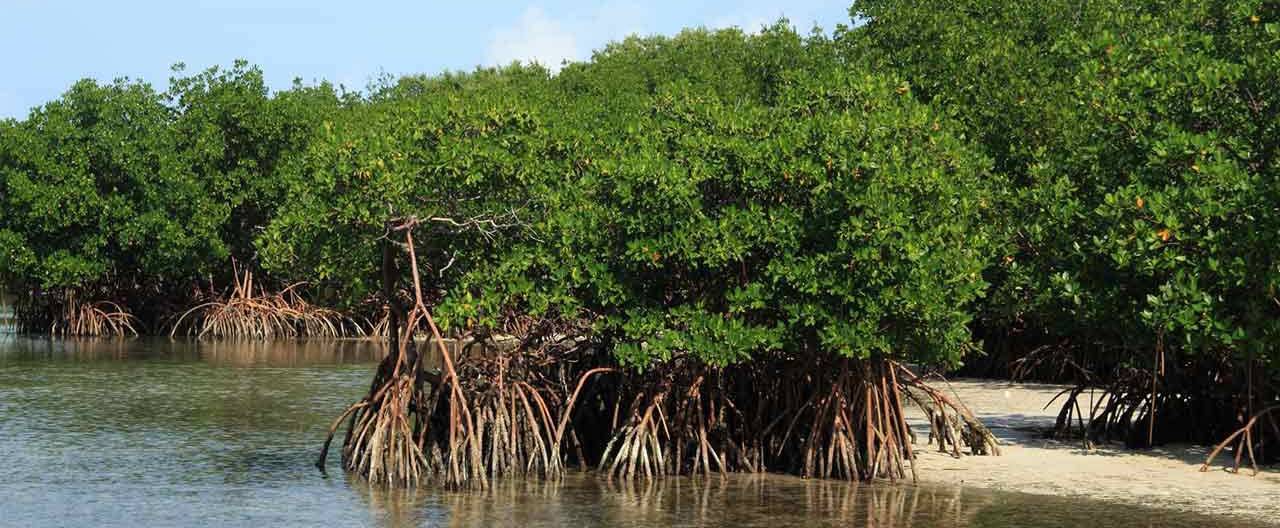The Nature Conservancy project will improve resilience to extreme weather and enhance greenspace along Miami's waterfront.
For generations, Miami residents have treasured Morningside Park for its playground, athletic facilities, picnic areas and access to Biscayne Bay. Now, Morningside Park is the site of a public-private partnership that is making this city greenspace more resilient to the impacts of climate change. The project is not only providing nearby neighborhoods with protection from harmful erosion, storm surges and flooding from king tides, it is yielding practical insights that can be replicated around the world in other coastal cities vulnerable to climate change.
The Morningside Park Resilient Shoreline Project involves bringing nature-based solutions, such as marshes, mangroves and coral reefs, to buffer the area from storm surges and rising sea levels. The collaboration involves the City of Miami and The Nature Conservancy, which has received $1 million in financial support from the Chubb Charitable Foundation.
When the project was announced, Francis Suarez, Mayor of Miami, said, “Our hope is that the Morningside Park Resilient Shoreline Project will both safeguard our waterfront and become a prototype for future green and green-grey infrastructure solutions in Miami. It is clearly a step in the right direction as we work – with the input of our community – to safeguard Miami’s future for our own children and for their children, too.”
“Florida is at the global forefront of climate change and its impacts, and Morningside Park is a perfect example of how vulnerable our coastlines are,” says Temperince Morgan, Executive Director of The Nature Conservancy in Florida. “We hope that by demonstrating the resilience and cost-effective outcomes that nature-based solutions can offer at Morningside Park, more cities in Florida and beyond will recognize and adopt similar strategies.”
Restoration plans include strategically planting mangroves and native vegetation to reduce erosion; adding a vegetated berm or sloped barrier to divert runoff and decrease flood risks; and expanding the intertidal zone (the area between the high tide and low tide mark on the shoreline) with green/gray infrastructure that combines natural buffers with manmade seawalls to help reduce wave energy.
Enhancing these natural elements along the water’s edge and throughout the park will also contribute to improved water quality in Biscayne Bay and provide a healthy habitat for wildlife.
“Mitigating the growing threat of climate change requires action from government, the private sector and society-at-large,” said Lori Dunstan, Executive Director, Chubb Charitable Foundation. “This project will have an enormously positive impact on the people and businesses in Miami. And through our collective efforts, we’ll gain real-world insights that can be replicated in other coastal cities vulnerable to climate change. It’s a huge opportunity to lead the way.”



